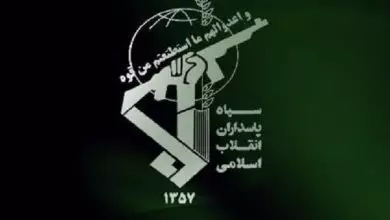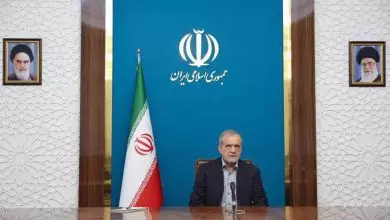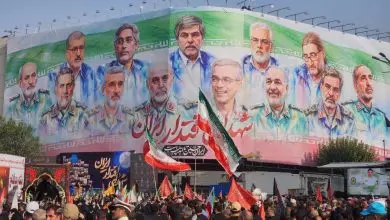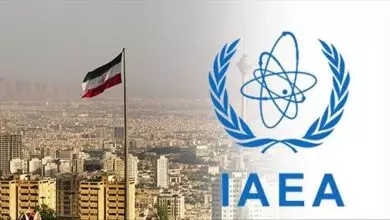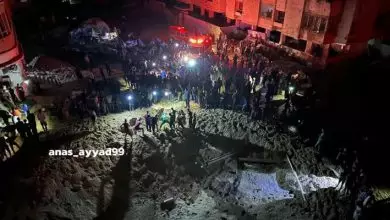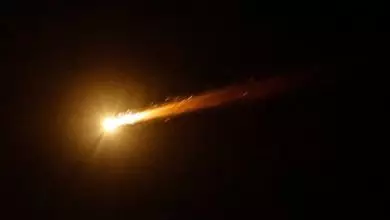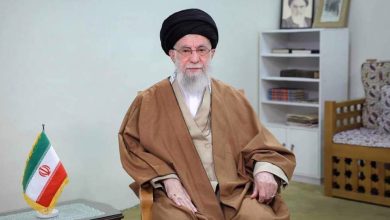US pressuring Hamas to accept ‘israeli’ proposal: Hamdan
Hamas says the United States is pressuring the Palestinian resistance movement to accept an Israeli truce proposal, which does not honor the group’s condition of complete cessation of Tel Aviv’s brutal aggression against the Gaza Strip.
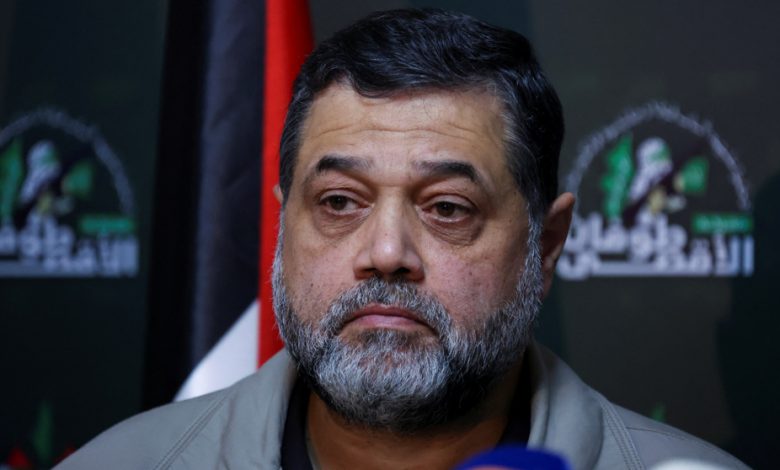
Osama Hamdan, who represents the movement in Lebanon, made the remarks at a news conference on Saturday.
“What is quoted by the American administration is to put pressure on the [Hamas] movement, to accept the Israeli [truce] proposal without modification; it’s a way to beautify the image of this ugly administration,” he said.
The regime has been waging a genocidal war against Gaza since October 7 backed by the US, which provides Tel Aviv with unfaltering military and political support.
The war that began following a surprise retaliatory operation by Gaza’s resistance groups against the occupied territories, has so far claimed the lives of nearly 38,000 Palestinians, most of them women, children, and adolescents.
Hamas says any proper truce deal has to end the war, bring about complete withdrawal of the Israeli forces from the coastal sliver, and involve a genuine captive/prisoner exchange deal.
The regime, however, says it will accept only temporary pauses in fighting until Hamas is “eradicated.”
The movement has, however, pledged to defend Gaza with its resources, and has asserted that it is impossible to eliminate it from the Palestinian territory’s rule.
Hamdan concluded his remarks by saying, “Once again, Hamas is ready to deal positively with any proposal that secures a permanent ceasefire, a comprehensive withdrawal from Gaza Strip, and a serious swap deal.”

